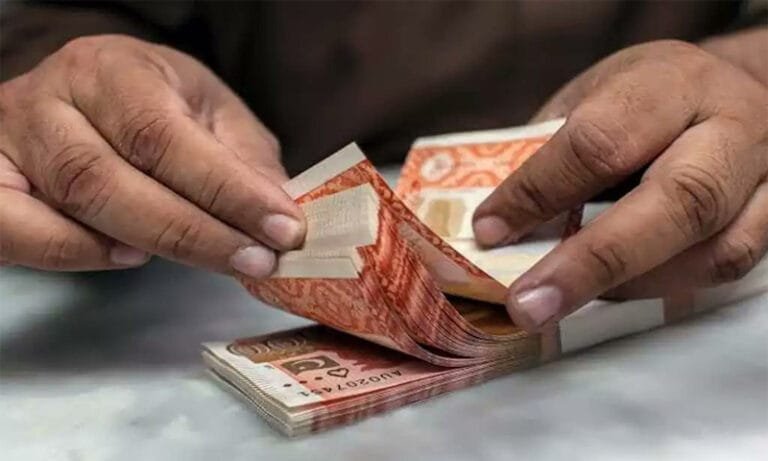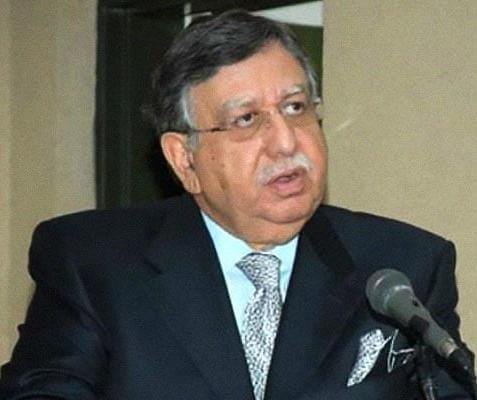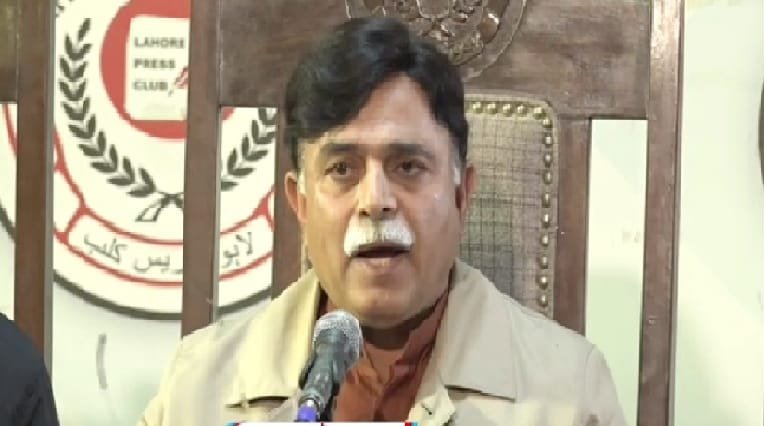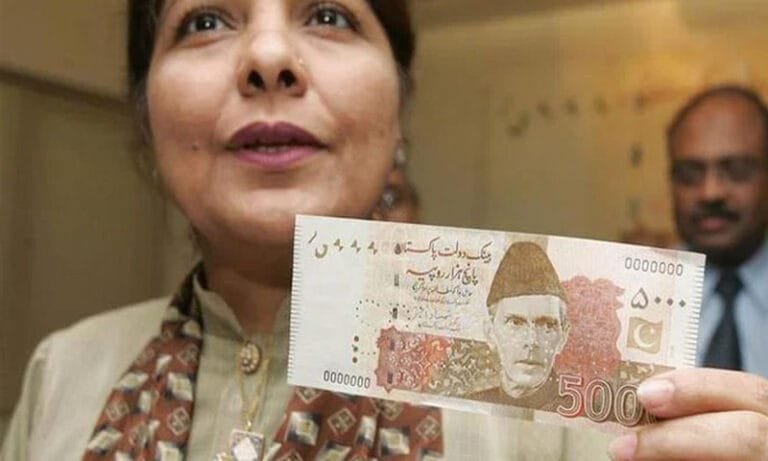Controversies have emerged over the payment mechanism of 262 billion rupees for government power houses in Islamabad (Shehzad Pracha) in the Ministry of Energy and Ministry of Finance.
The decision has been made to initiate new residential projects for government employees and the general public in the country’s 8 major cities.
The Ministry of Energy has proposed a payment mechanism of 262 billion rupees for government power houses, adhering to the conditions of the International Monetary Fund (IMF), leading to disagreements within the Ministry of Finance.
In an effort to align with IMF conditions, the Economic Coordination Committee has approved the recommendations to exceed 262 billion rupees for payments to government power houses, following the approval of IPPs (Independent Power Producers).
According to the Ministry of Energy, this amount will be disbursed in the current fiscal year’s second and third quarters, pending approval in the upcoming ECC meeting of the Power Division.
In the second quarter, a payment proposal of 131 billion rupees for government power houses has been prepared, including 26.78 billion for Thar and 2.96 billion for Hubco.
Similarly, for the third quarter, a proposal for payments totaling 131 billion rupees for government power houses has been prepared, including 26.78 billion and 70 lakh rupees for Thar, 2.96 billion and 50 lakh rupees for Hubco, 83.63 billion and 80 lakh rupees for Wapda, and 1.63 billion for the Quaid-e-Azam Thermal Power Plant.
Waseem Mazhar Ran has extended good wishes to the PTI (Pakistan Tehreek-e-Insaf) and joined the People’s Party, contributing to improving the circular debt data in the power sector.
The Ministry of Finance suggests that Wapda and Jhunco should fulfill their obligations from their cash shares, and gas companies should also contribute to the government’s share based on their interests.












